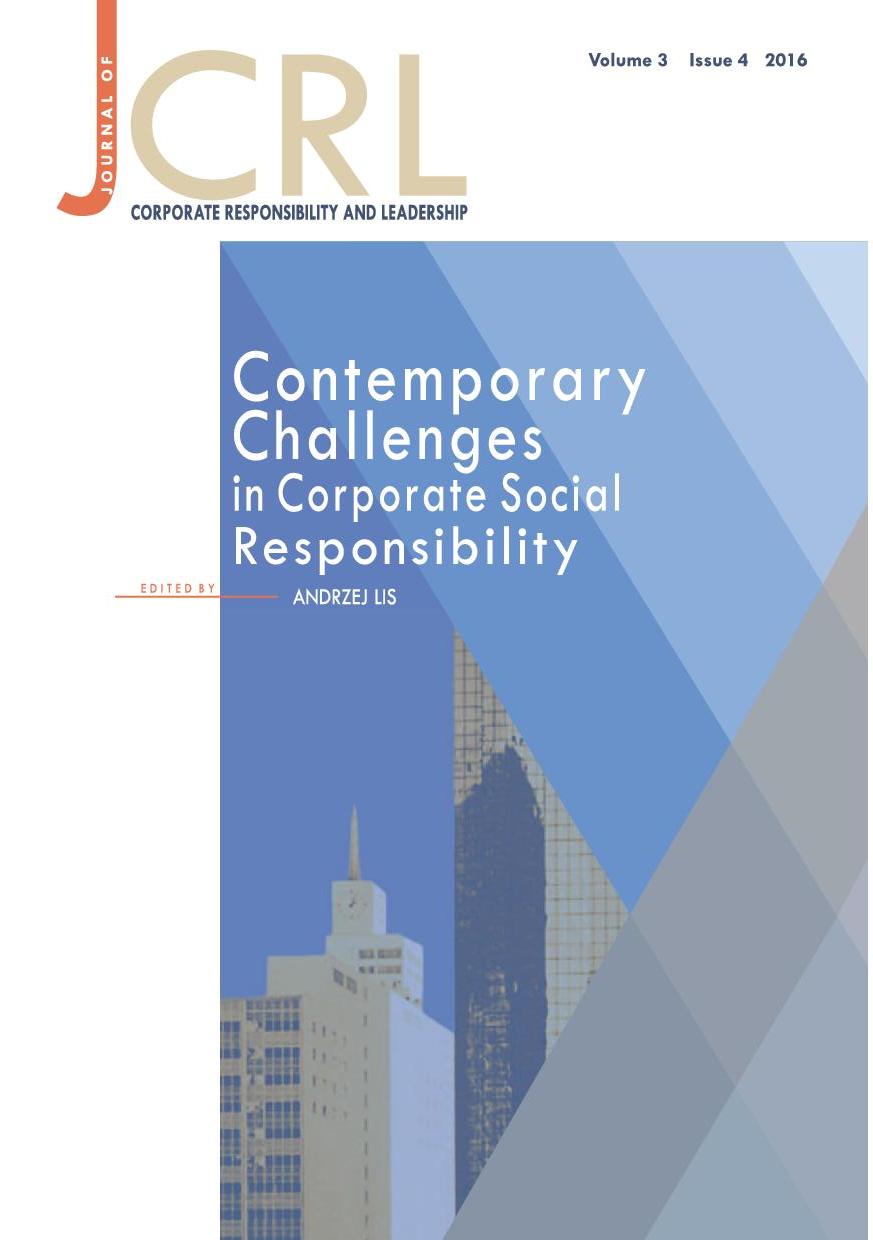Genetic Determinants of Human Nature and their Consistency with Human Hedonism
DOI:
https://doi.org/10.12775/JCRL.2016.021Słowa kluczowe
sociobiology, theory of evolution, human nature, hedonismAbstrakt
This paper presents the synthetic sociobiological concept of human nature as devised by Edward Wilson and then expanded by Richard Dawkins and Robert Trivers, which on the one hand is subjected to critical analysis, and on the other hand verifies the consistency of the author’s concept of the hedonistic nature of human action. As part of the analysis, the concept of maximum fitness with regard to humans is proven partially erroneous and the consistency of the remaining principles of sociobiology according to the author’s concept of human action are demonstrated.
Bibliografia
Hoppe, G. (2014), The Model of Hedonistic Human Being versus the Social Responsibility of Consumers, CreateSpace Independent Publishing Platform, New York.
Hoppe, G., (2015), Ekonomia wolności: Traktat o naturze ludzkiego działania i dążeniu do szczęścia, Poligraf, Brzezia Łąka.
Keller, J., Kotański, W., Tyloch, W., Kupis, B. (Eds.) (1986), Zarys dziejów religii, Warszawa.
Mises, L. von (1998), Human Action: A Treatise on Economics, online edition by the Ludwig von Mises Institute.
Reykowski, J., Bielicki, T. (Eds.) (1997), Dylematy współczesnej cywilizacji a natura człowieka, Zysk i S-ka, Poznań.
Tylor, E.B. (1871), Primitive Culture, John Murray, London.
Wilson, E.O. (1978), On Human Nature, Harvard University Press, Cambridge.
Pobrania
Opublikowane
Jak cytować
Numer
Dział
Statystyki
Liczba wyświetleń i pobrań: 448
Liczba cytowań: 0



